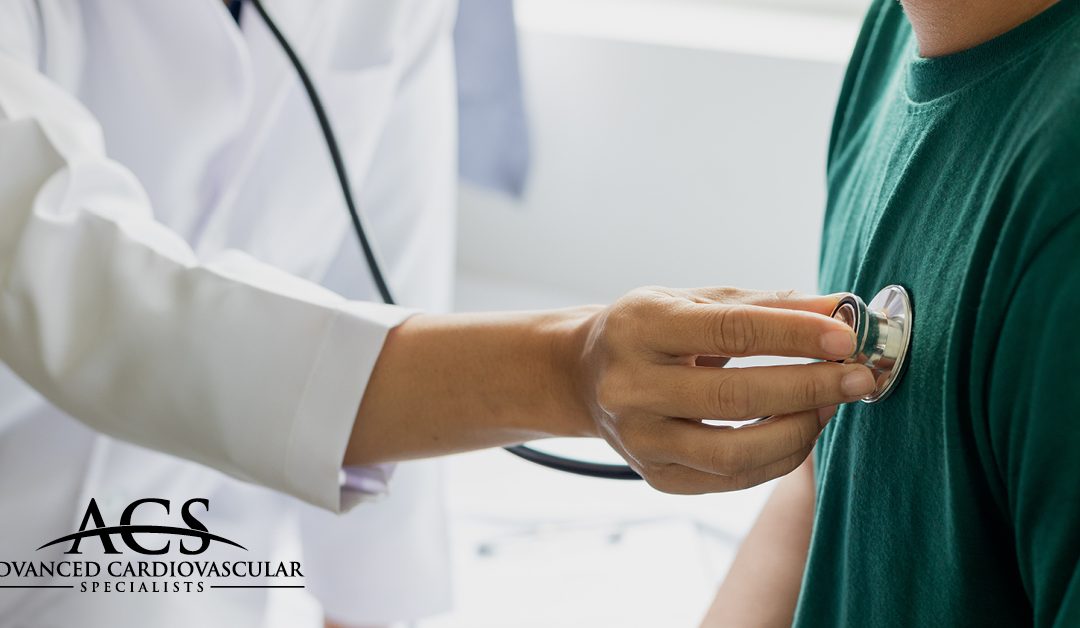Heart disease is the leading cause of death in U.S. adults (accounting for 1 in every 5 deaths), as reported by the Centers for Disease Control and Prevention (CDC). Catching heart disease early often results in more effective treatment and better outcomes for patients, making early detection paramount. Knowing your risk factors and the early signs of heart disease might literally save your life.
Risk Factors For Heart Disease
Being aware of your individual risk for heart disease is the first step in both preventing and treating heart conditions before they become severe. Factors that make heart disease more likely to happen to you include:
Age: The risk of heart disease increases with age.
Gender: Men have a higher risk than women, but the risk for women increases after menopause.
Having high blood pressure, high cholesterol or Type 2 diabetes.
Tobacco use.
Being overweight or obese.
A sedentary lifestyle.
An unhealthy diet (high in fats, salt and sugar).
Chronic stress.
Substance abuse disorders.
A family history of heart disease.
Early Signs Of Heart Disease
Signs and symptoms of heart disease in the early stages may include the issues noted below.
Chest discomfort or pain
Shortness of breath
Coughing or wheezing
Fatigue
Weakness
Dizziness
Swelling in the feet or legs
Heart palpitations (fast and/or irregular heartbeat)
The Loudest Cries For Help Are Sometimes Silent
It is important to understand that sometimes there are no symptoms to alert us to the presence of risk factors or heart disease. According to statistics released by the American Heart Association this year, 46.7% of U.S. adults have high blood pressure. However, only 38% know that they have it.
While high blood pressure is one of the leading risk factors for heart disease, it can be controlled with proper treatment. This alone can greatly reduce your risk for heart disease and stroke. The same is true for other medical conditions like high cholesterol and diabetes.
Prevention And Early Detection Of Heart Disease
Regular checkups and leading a heart-healthy lifestyle are the most effective ways to avoid developing serious heart conditions. Although heart-health screening recommendations depend on your individual history and risk, the typical screenings may include:
Blood pressure
Cholesterol
Blood glucose
Body weight assessment
Lifestyle assessment
Numerous diagnostic screenings are available to evaluate your heart health. Methods commonly employed include:
Blood tests
Stress tests
Electrocardiogram (ECG)
Echocardiography
Coronary angiography
Cardiac CT or MRI
Adopting a heart-healthy lifestyle is a prevention strategy that every one of us can use to help reduce our risk of heart disease. Heart health can be improved or maintained by:
Eating a healthy whole-foods diet low in saturated fats, salt, sugar and processed foods; and high in plant-based foods, lean protein and unsaturated fats.
Regular physical activity: At least 150 minutes of moderate-intensity aerobic exercise each week.
Not smoking.
Managing other diseases like high blood pressure, high cholesterol and diabetes.
Maintaining a healthy weight.
Reducing stress levels.
The Bottom Line
Early intervention can make all the difference in patient health outcomes because heart disease is easier to treat when it is found sooner.
The healthcare providers at Advanced Cardiovascular Specialists are dedicated to excellence in the assessment, diagnosis and treatment of cardiovascular diseases. We provide a complete range of specialized cardiac services, working with the best health systems to deliver the most advanced cardiology care for our patients. At ACS, your heart is not just in good hands. It’s in the best hands.
The team at Advanced Cardiovascular Specialists consists of North Louisiana’s leading experts in cardiovascular care. For more information or to schedule an appointment, please call our office at (318) 798-9400.

